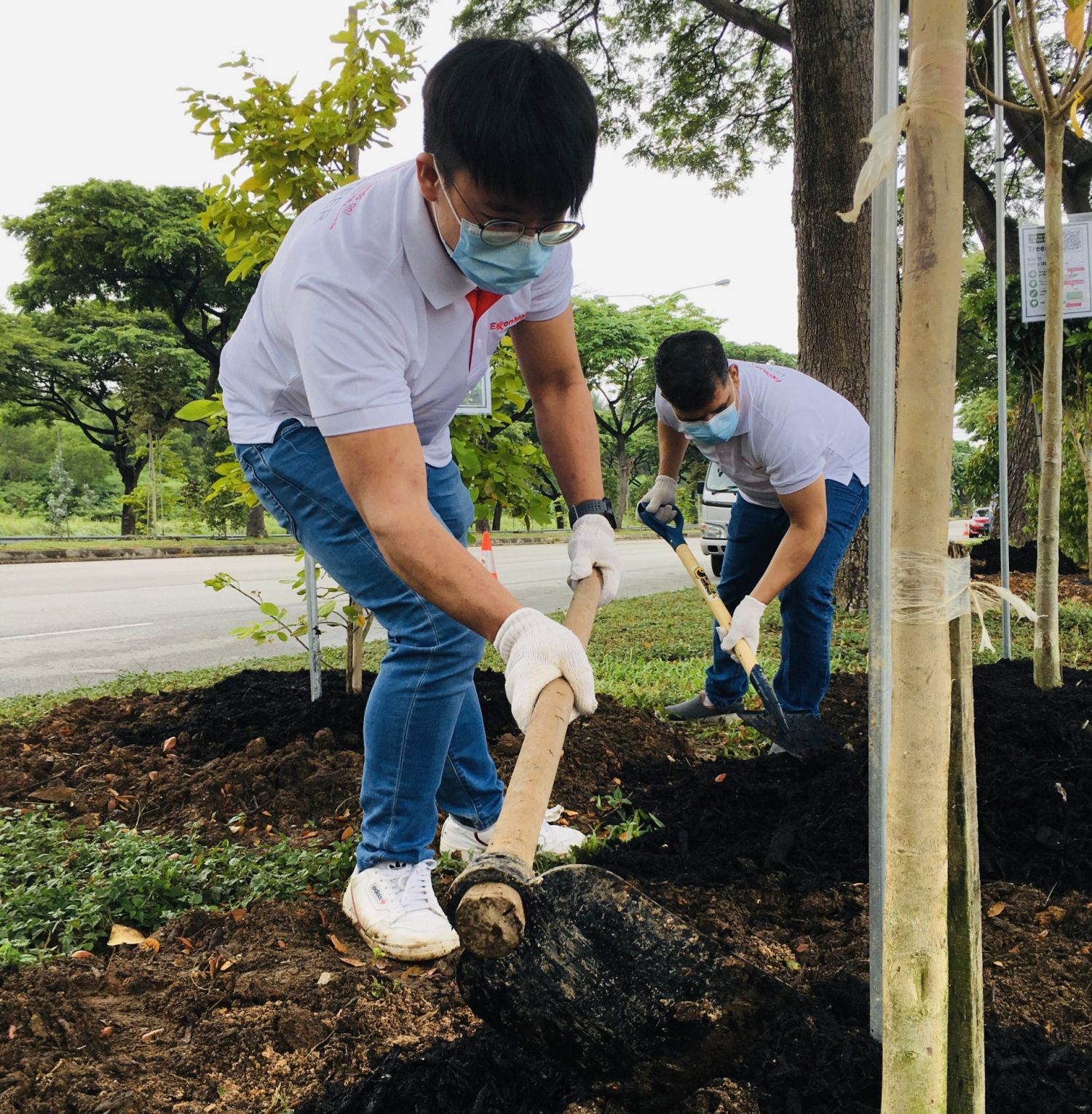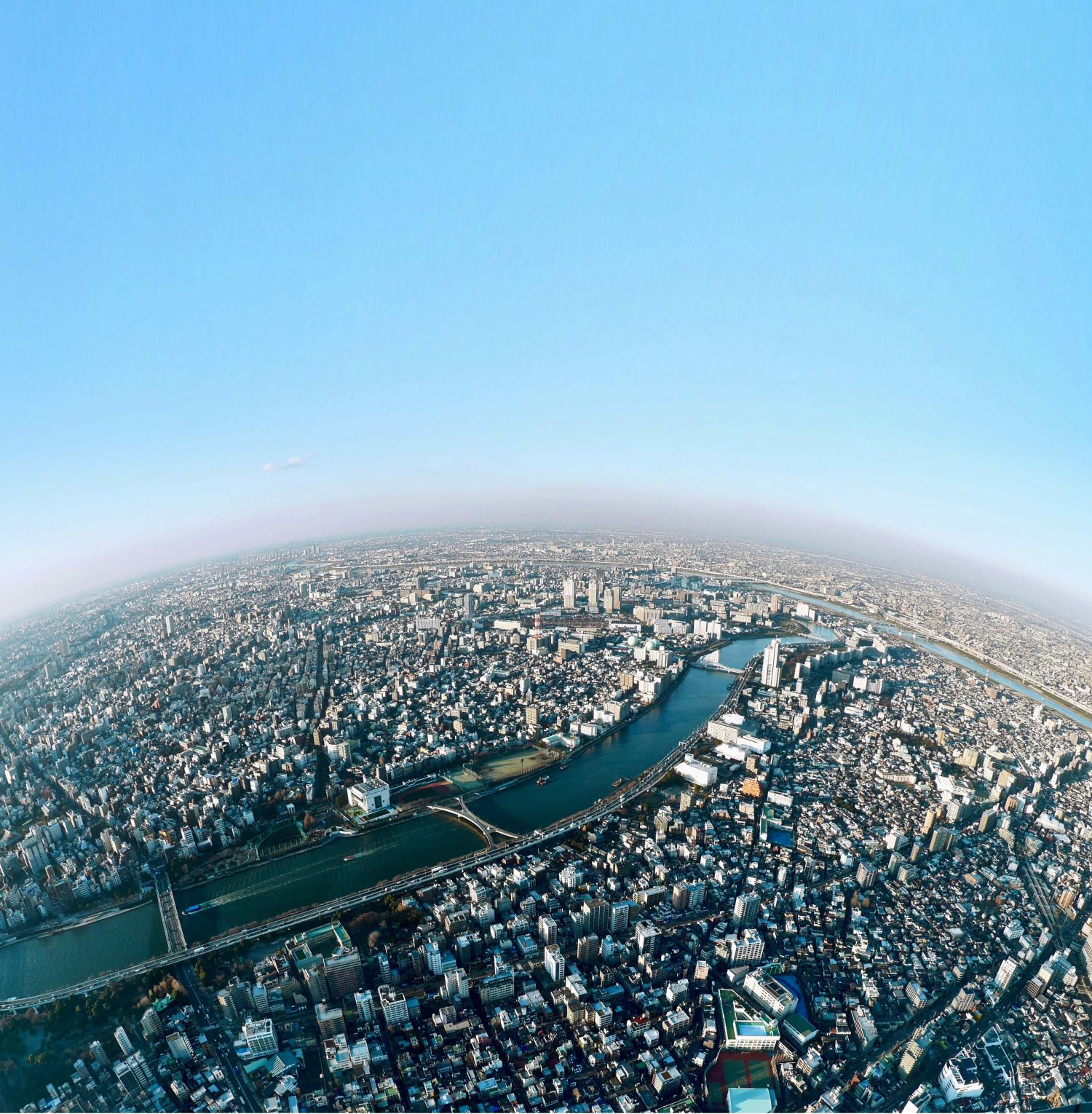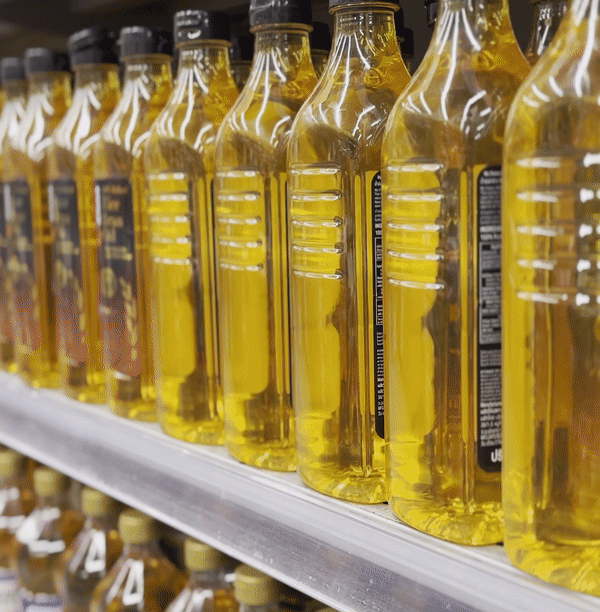More than 100 employees volunteered in an initiative, supported by ExxonMobil among many other companies, and coordinated with government agencies, JTC and the National Parks Board (NParks), to plant 400 trees on Jurong Island, where ExxonMobil’s manufacturing site is located.
This community initiative is part of a broader Greening Jurong Island project to planting 34,000 new trees on Singapore’s chemicals and energy hub by end of 2022. This is one of the ongoing efforts between JTC and the Jurong Island community to co-create a greener industrial estate, amidst other sustainability efforts in the industrial park, which is home to more than 100 leading global companies.
The Greening Jurong Island initiative is part of the city-state’s One Million Trees movement – which aims to plant a million trees across Singapore by 2030. Funds for the new trees were raised via NParks’ registered charity and Institution of Public Character (IPC), Garden City Fund (GCF) from more than 70 organisations in the Jurong Island community, with ExxonMobil being one of the top corporate contributors.
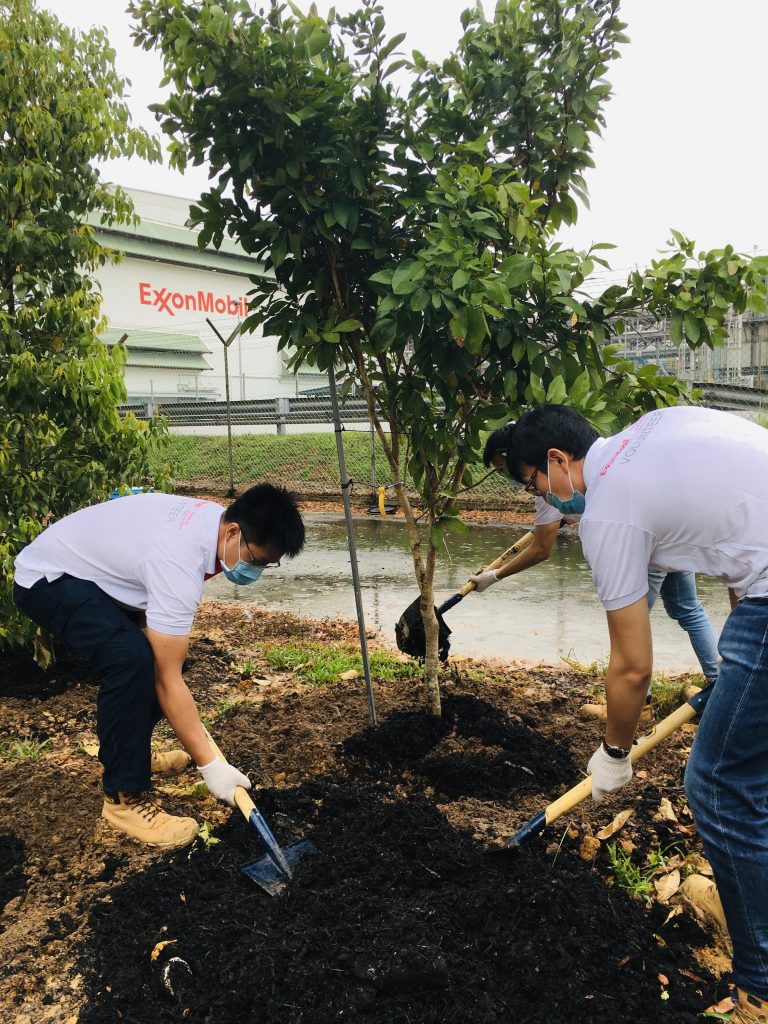
The planting was part of the One Million Trees movement.
“ExxonMobil is proud to contribute to the Jurong Island Greening Initiative, not just through corporate giving, but also through the giving and efforts of our employees who want to make a positive difference for our environment,” said Karen Wong, Public & Government Affairs Director, ExxonMobil Asia Pacific.
“We are grateful to work with JTC and NParks for this opportunity and their support of this worthwhile initiative that our colleagues could participate in.”
Armed with a shovel or a “changkol” (hoe tool), the employee volunteers were excited to roll up their sleeves and do their part to help make Jurong Island greener, planting a total of 400 trees on December 2.
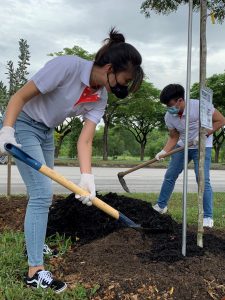
Armed with shovels and garden tools, the volunteers planted about 400 trees.
The volunteers also gained first-hand knowledge on the types of trees they were planting – such as, Cynometra ramiflora (Katong Laut), Neolitsea cassia (Shore Laurel) and Planchonella obovata (Sea Gutta) – and the right method to plant trees from NParks facilitators, before putting their green fingers to work. Proper tree planting entails creating a ring of soil around the trunk after covering the roots and topping the soil with wood chips to retain moisture.
Volunteers had to adhere to prevailing COVID-19 guidelines, which meant working in separate sessions and maintaining safe distancing. However, neither the impacts of COVID nor the wet weather that day dampened their spirits.
One of the volunteers, Goh Suen Rong, an olefins contact engineer at the ExxonMobil Singapore Chemical Plant, shared her experience.
“After so many months of remote and staggered work arrangements, it was great that we were able to get together as one team for a worthwhile cause. It was truly a pleasure to revel in the satisfaction of planting each new tree, and knowing that collectively, these trees represent hope for future generations of people working on Jurong Island.“
“The activity promotes greenery in our industrial area. With the variety of species planted, it helps to make Jurong Island colorful,” said volunteer Mohamed Mubarak Zainal, who is currently both a trainer and a logistics engineer for some of ExxonMobil’s polymer processing units on the island.
After planting them, each tree is geographically tagged so that volunteers can track the growth of the trees they planted through NParks’ TreesSG website.
